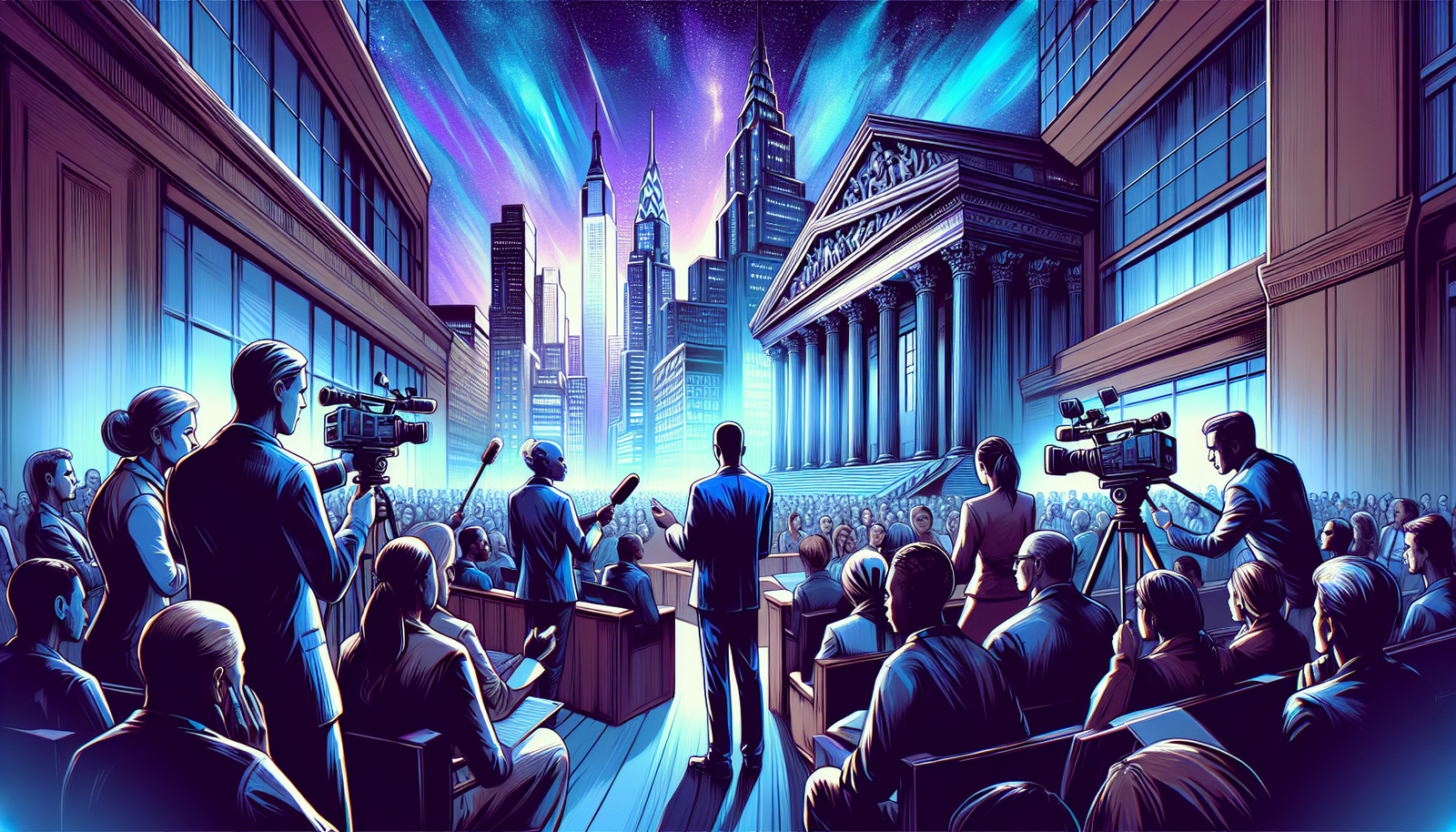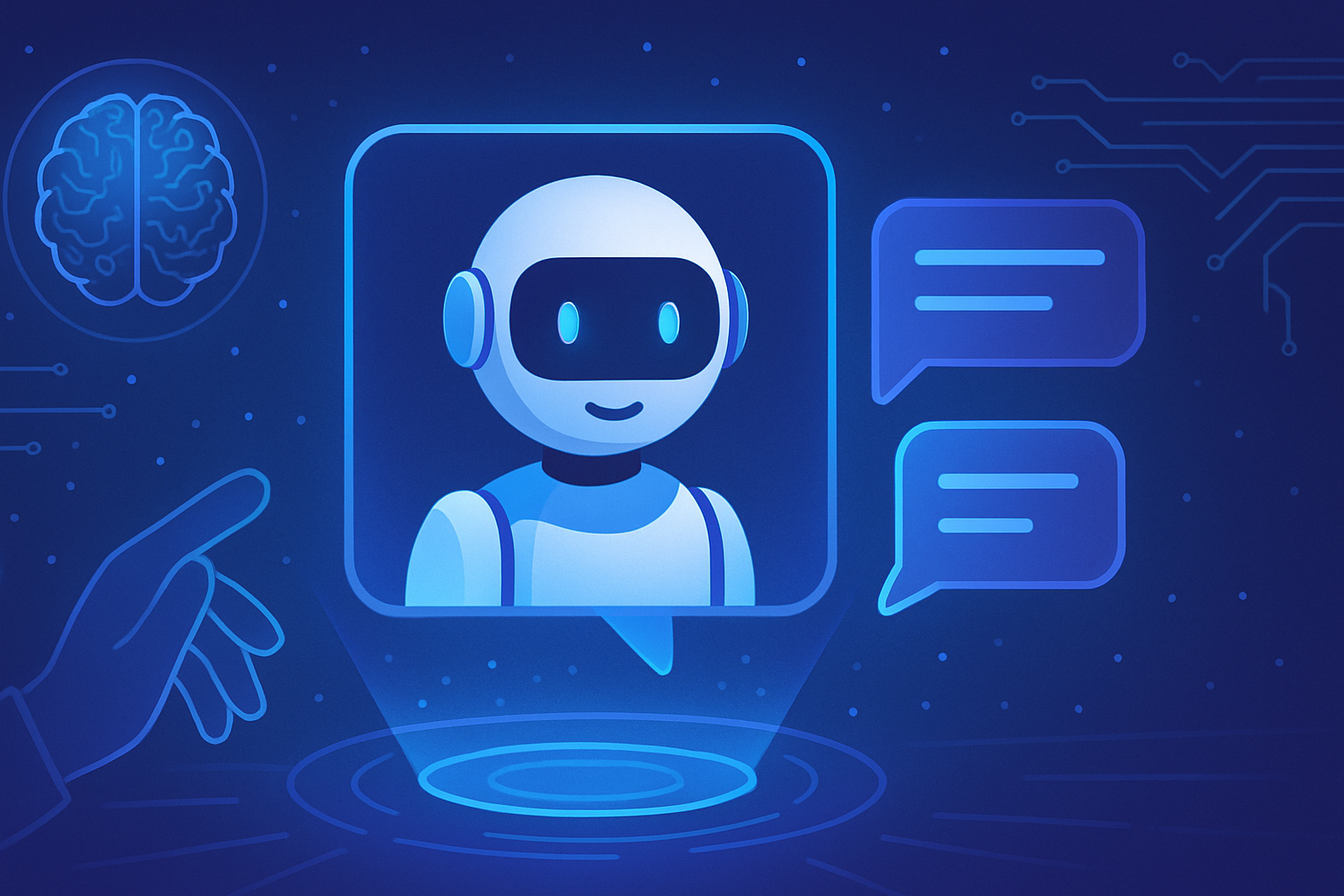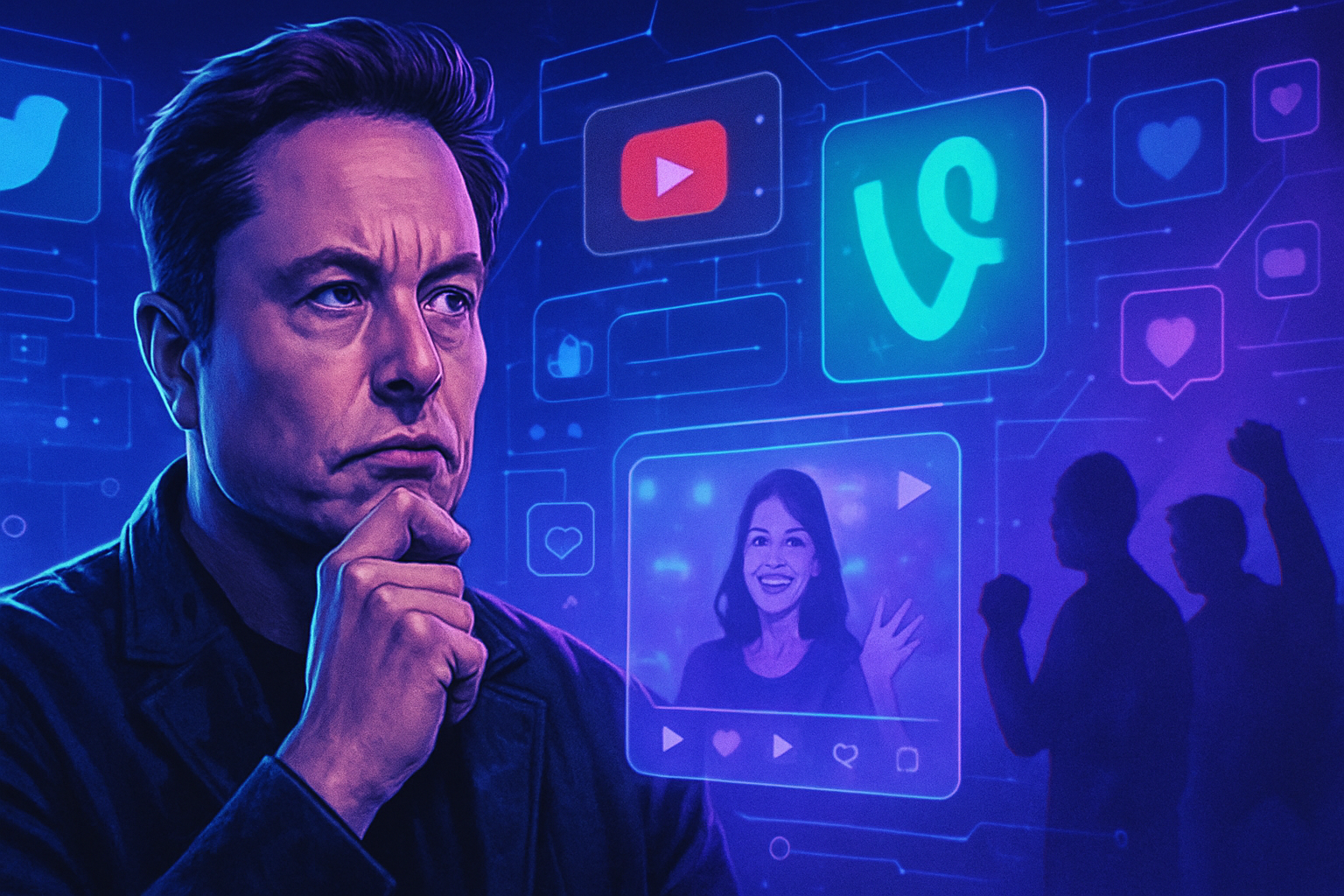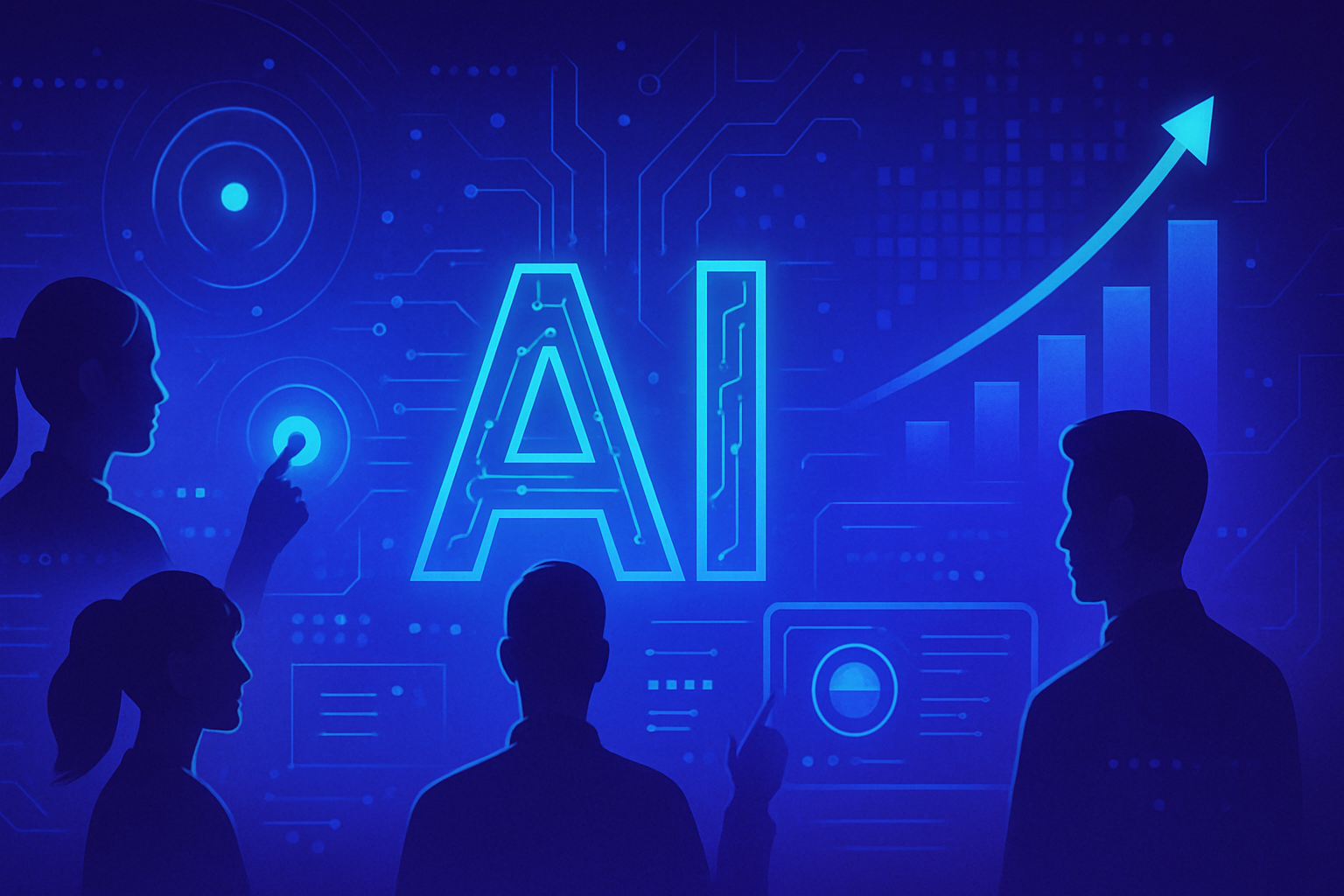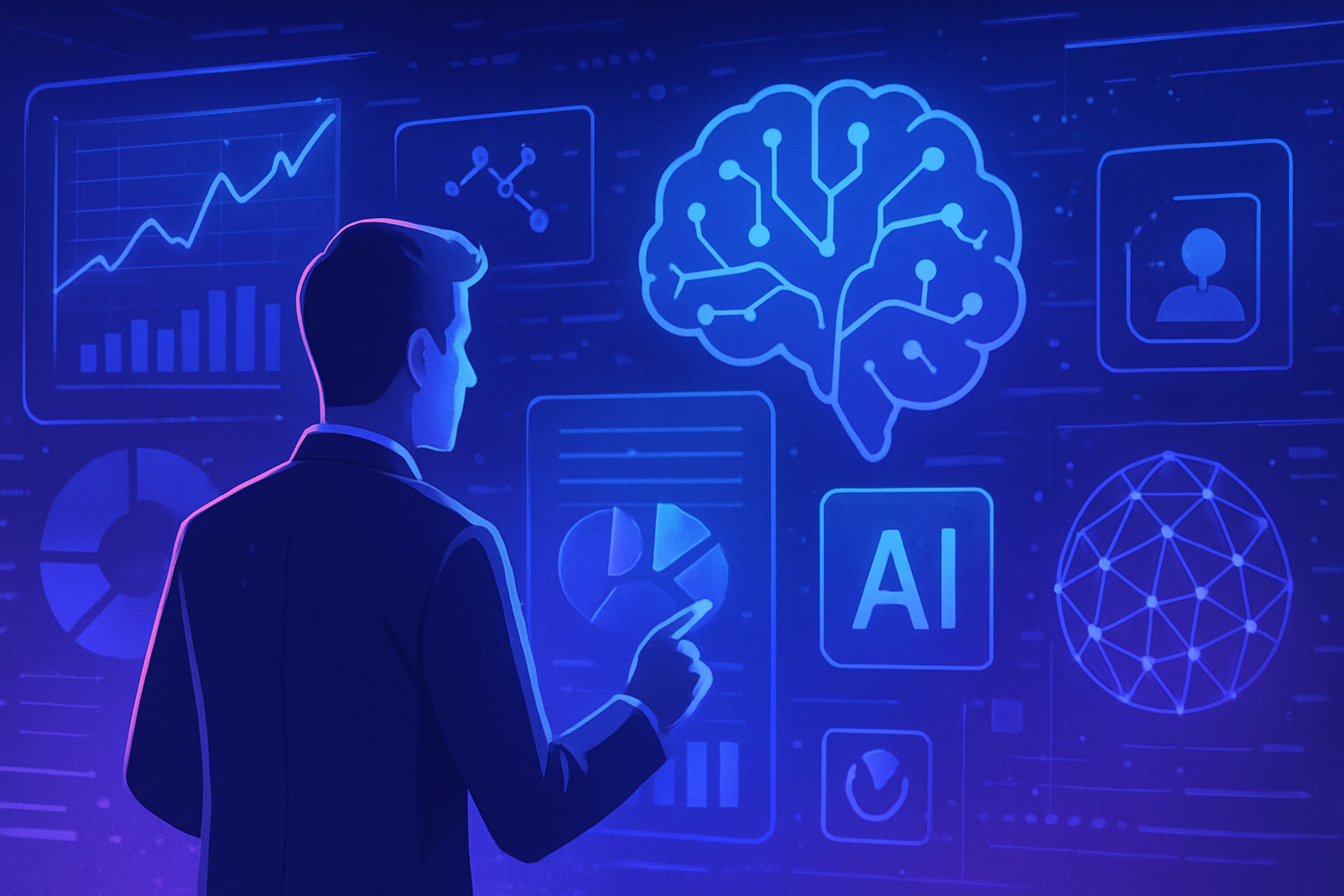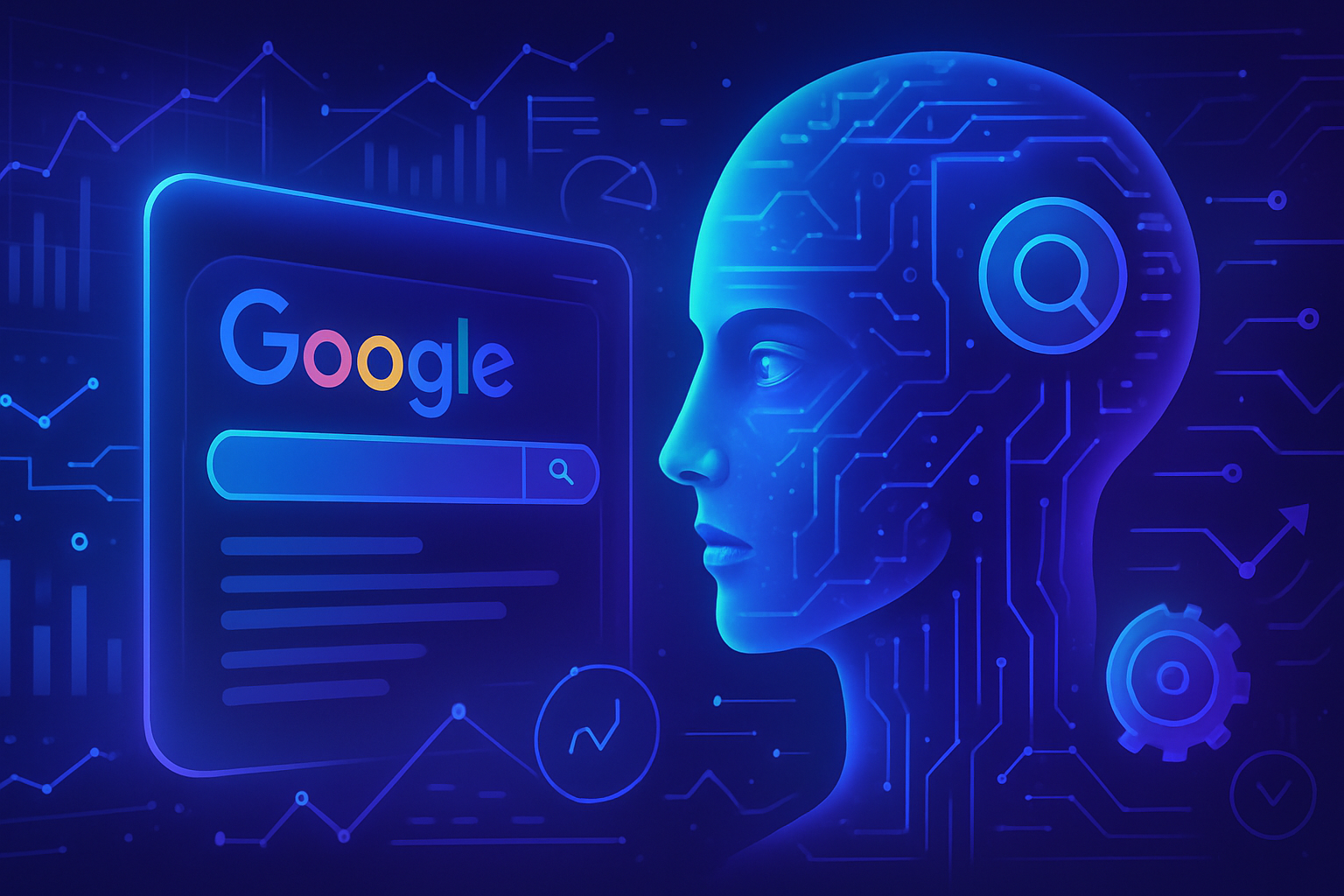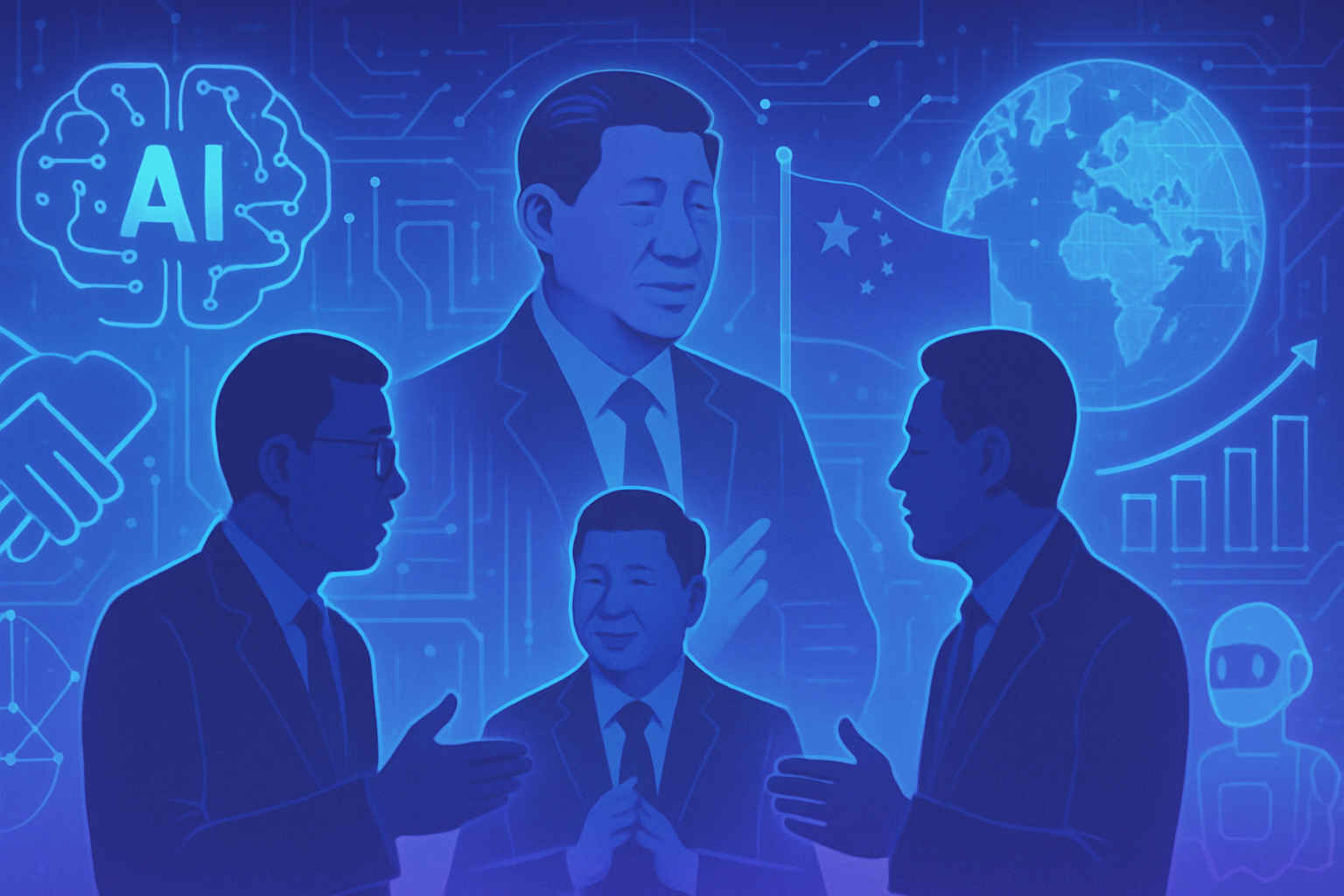The recent American legal actions signal a major clash between *content creators and tech giants*. Thirteen cases in New York demonstrate a consensus on the *lack of respect for intellectual property*. The plaintiffs, authors and media outlets, contest the unauthorized use of their works to train artificial intelligence models. At the heart of the debate lies the *ambiguous definition of “fair use”*, raising fundamental questions about innovation and copyright. Amid legal turmoil and ethical implications, this struggle redefines the digital creation landscape.
Consolidation of Lawsuits in New York
Twelve copyright cases against OpenAI and Microsoft have been consolidated in New York. This decision stems from a transfer order issued by the American judicial panel handling multidistrict litigation. The centralization aims to allow a single judge to coordinate proceedings, optimize discovery, and eliminate inconsistent rulings.
The complaints, featuring well-known names such as Ta-Nehisi Coates, Michael Chabon, and Junot Díaz, challenge the non-consensual use of protected works to train language models. These works underpin generative artificial intelligence products like OpenAI’s ChatGPT and Microsoft’s Copilot.
Plaintiffs’ Arguments
Most plaintiffs expressed reluctance to consolidate their cases, arguing that the cases present significant differences. Despite these reservations, the transfer was justified by factual similarities, particularly allegations concerning the use of protected works without consent or compensation.
Perspectives from OpenAI and Microsoft
A representative of OpenAI welcomed this development, stating that the models are built from publicly available data and rely on the principle of “fair use”, fostering innovation. The tech giants contend that their use of protected content falls within the cases authorized by this doctrine.
Reactions from Media and Authors
Lawyers representing media outlets, such as Daily News, are prepared to demonstrate that Microsoft and OpenAI have committed widespread infringements of their copyright. Another dimension of this conflict is the increasing involvement of authors, who simultaneously sit in similar litigation against companies like Meta. They accuse Meta of using a controversial library, LibGen, to feed its own AI models.
Protests and Growing Concerns
Author gatherings have taken place outside Meta’s offices in London, showcasing striking slogans against the appropriation of their works. Signs proclaimed messages like “Get the Zuck off our books”, highlighting the opposition to AI training methods.
Dynamics of AI and Technological Advancements
Amazon recently announced a new service on Kindle, “Recaps”, which will offer AI-generated summaries of plots and character arcs. While this seeks to enhance the reading experience, users on Reddit have raised concerns about the accuracy of these automated summaries.
Government Considerations in the UK
The British government is trying to reassure concerned parliamentarians regarding its copyright proposals. These proposals could allow AI companies to train on protected materials, unless rights holders opt out. This move has raised several questions about the economic implications of such a legal framework.
Frequently Asked Questions About the American Authors’ Lawsuits Against OpenAI and Microsoft
What are the main allegations against OpenAI and Microsoft in these lawsuits?
The authors claim that OpenAI and Microsoft used their copyright-protected works without consent or compensation to train their language models, which constitutes an infringement of intellectual property.
Why were the cases centralized in New York despite the plaintiffs’ opposition?
The centralization in New York was decided to allow a single judge to coordinate proceedings, streamline preliminary stages, and prevent contradictory rulings, despite the opposition from a majority of the plaintiffs.
Who are some notable authors involved in these lawsuits?
Among the plaintiff authors are Ta-Nehisi Coates, Michael Chabon, Junot Díaz, and comedian Sarah Silverman, all of whom have contested the unauthorized use of their works.
What are the implications of these lawsuits for the future of generative AI?
These lawsuits could influence how generative AI is developed and regulated, particularly regarding the use of protected works in training artificial intelligence models.
How do tech companies justify the use of copyright-protected content to train their models?
Companies generally claim that their use of these works falls under the concept of “fair use”, which allows unauthorized use under certain conditions, although this raises legal debates.
What are the potential outcomes of these lawsuits for the plaintiffs?
The plaintiffs seek financial compensation and to establish legal precedents regarding copyright, which could strengthen the protection of creative works in the digital age.
How might these lawsuits affect the relationship between authors and tech companies?
These lawsuits could create heightened tension between authors and tech companies, questioning how protected content is used in the development of new technologies.
What was the companies’ reaction to these lawsuits?
OpenAI expressed its intention to defend its practices by stating that its models are trained on publicly available data and based on fair use, while Microsoft also affirmed the legitimacy of its uses.
